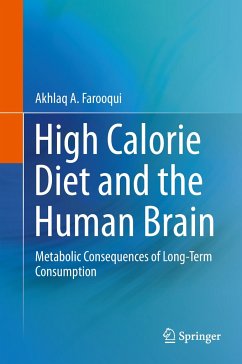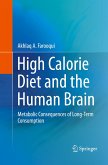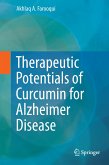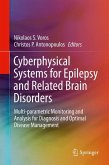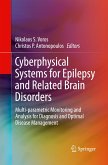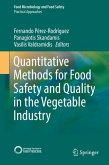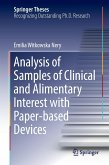The purpose of this monograph is to present readers with a comprehensive and cutting edge description of neurochemical effects of diet (beneficial and harmful effects) in normal human brain and to discuss how present day diet promotes pathogenesis of stroke, AD, PD, and depression in a manner that is useful not only to students and teachers but also to researchers, dietitians, nutritionists and physicians. A diet in sufficient amount and appropriate macronutrients is essential for optimal health of human body tissues. In brain, over-nutrition, particularly with high-calorie diet, not only alters cellular homeostasis, but also results in changes in the intensity of signal transduction processes in reward centers of the brain resulting in food addiction. Over-nutrition produces detrimental effects on human health in general and brain health in particular because it chronically increases the systemic and brain inflammation and oxidative stress along with induction of insulin resistance and leptin resistance in the brain as well as visceral organs. Onset of chronic inflammation and oxidative stress not only leads to obesity and heart disease, but also promotes type II diabetes and metabolic syndrome, which are risk factors for both acute neural trauma (stroke) and chronic age-related neurodegenerative and neuropsychological disorders, such as Alzheimer disease (AD), Parkinson disease (PD) and depression.
Bitte wählen Sie Ihr Anliegen aus.
Rechnungen
Retourenschein anfordern
Bestellstatus
Storno

